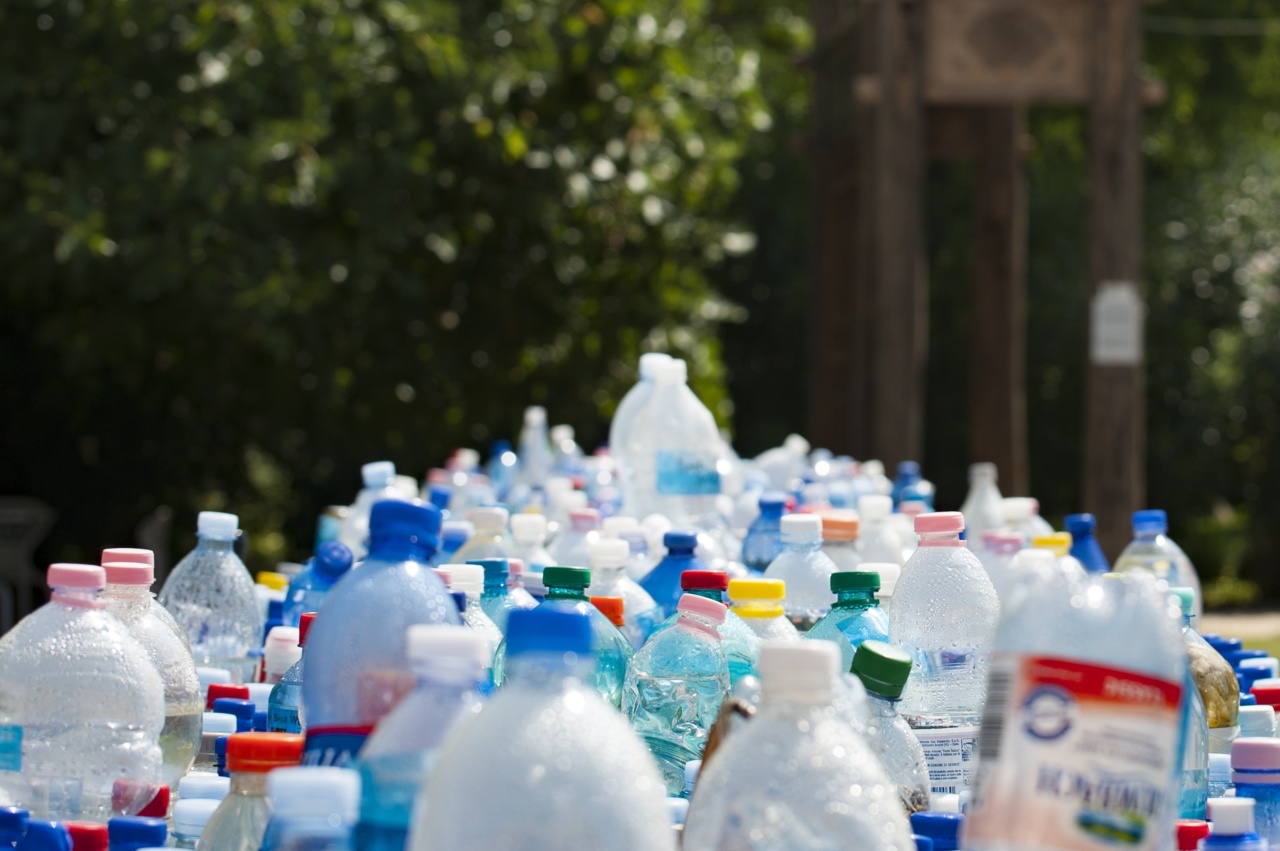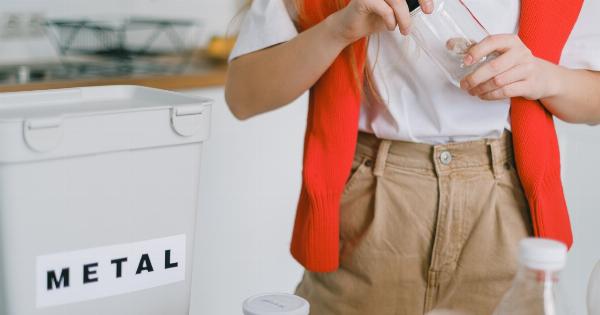Plastic bottles have become an increasingly prevalent part of modern society. On average, people in the United States buy and use approximately 50 billion plastic water bottles annually.
Unfortunately, only a fraction of these bottles are recycled, leading to a significant amount of environmental damage. However, recycling plastic bottles can have numerous advantages. In this article, we will investigate why recycling plastic bottles is important and the positive impacts that it can have on the environment and society as a whole.
The Importance of Recycling Plastic Bottles
The impact of plastic waste on the environment cannot be overstated. Plastic bottles frequently end up in landfills or oceans, where they take hundreds of years to decompose.
This waste can lead to contaminated soil and water, which can harm both animals and humans. Recycling plastic bottles is a critical way to reduce the amount of plastic waste that ends up in landfills, and it is an easy and accessible way to decrease the environmental impact of plastic materials.
Reduction in Carbon Footprint
Recycling plastic bottles can have a significant impact on reducing the carbon footprint of manufacturing new plastic materials. When plastic bottles are recycled, they can be turned into new products without the need for newly sourced materials.
Energy conservation is a major benefit of recycling plastic bottles because it takes less energy to recycle them compared to making them from raw materials. The reduction in energy consumption leads to a reduction in carbon emissions and helps to mitigate climate change.
Creation of Jobs
Recycling plastic bottles provides numerous economic benefits, including the creation of jobs.
Recycling plants and facilities need a steady supply of bottles to keep their operations running, creating job opportunities for individuals involved in the collection and processing of the bottles. According to the International Federation of Consulting Engineers, every ton of recycled plastic creates six times as many jobs as landfilling the same amount of waste.
The influx of jobs brought about by recycling plastic bottles can have a positive impact on local communities and can help to reduce unemployment rates.
Conservation of Resources
Making new plastic bottles from virgin materials requires a significant amount of resources, including petroleum and other fossil fuels. Recycling plastic bottles conserves these resources, which are finite and non-renewable.
When plastic bottles are recycled, they do not contribute to the depletion of natural resources, which can help to defer resource scarcity in the future. Recycling plastic bottles allows for the efficient use of materials, which can save energy and reduce waste.
Reduction of Landfill Waste
The United States Environmental Protection Agency (EPA) reports that only 9.1% of plastic waste was recycled in 2015.
This low rate of recycling means that the majority of plastic bottles end up in landfills or incinerators, where they take hundreds of years to decompose. Recycling plastic bottles reduces the amount of waste sent to landfills, which can slow down the need for new landfill sites. As landfills become more scarce and expensive, recycling can help to alleviate the burden on these facilities.
Enhancement of Public Health
As plastic waste accumulates, the potential for contamination of air, soil, and water increases. This environmental contamination affects public health in various ways.
The incineration of plastic waste can lead to the release of harmful chemicals and particulates into the air, contributing to respiratory problems and other health issues. Recycling plastic bottles helps to minimize air pollution and other types of environmental contamination, leading to better public health outcomes and lower healthcare costs.
Energy Savings
The process of producing new plastic bottles from raw materials requires a significant amount of energy. However, when plastic bottles are recycled, they require 66% less energy than creating new plastic bottles from virgin materials.
This reduction in energy consumption leads to a significant decrease in greenhouse gas emissions and helps to mitigate climate change. The energy saved through recycling plastic bottles can be redirected to other important needs such as power generation or public transportation.
Improved Corporate Social Responsibility
Lately, corporations have increased emphasis on environmental and societal responsibility. Recycling plastic bottles is one way corporations can take a proactive role in promoting sustainable practices.
Corporations can reduce their carbon footprint and demonstrate environmental stewardship by incorporating the use of recycled plastics in their products.
Additionally, corporations may choose a more “green” image for their brand by investing in facilities for recycling plastic bottles, funding campaigns to educate consumers, and supporting the creation of new products made from recycled content.
Conclusion
Recycling plastic bottles has many clear advantages. It helps conserve natural resources, reduce landfills, decrease energy consumption and greenhouse gas emissions, and enhance public health.
Moreover, recycling plastic bottles can create new jobs, improve corporate social responsibility, and positively impact local economies. Though it requires participation and effort from everyone, religious recycling of plastic bottles should be a top priority on both individual and corporate levels.






























